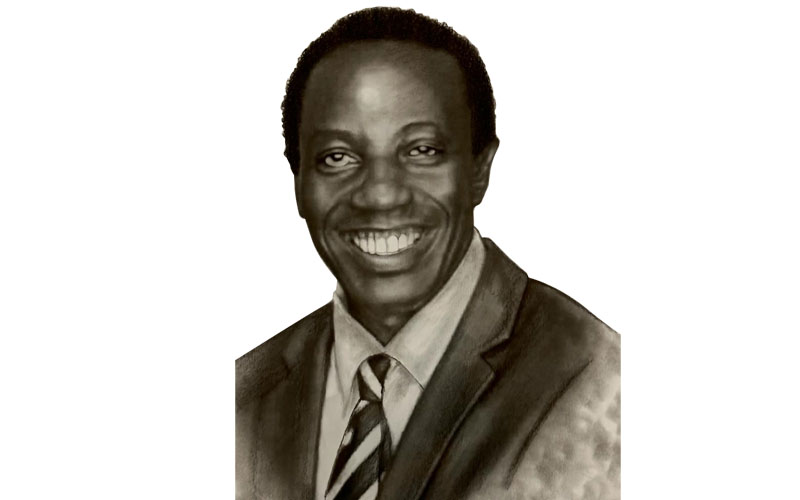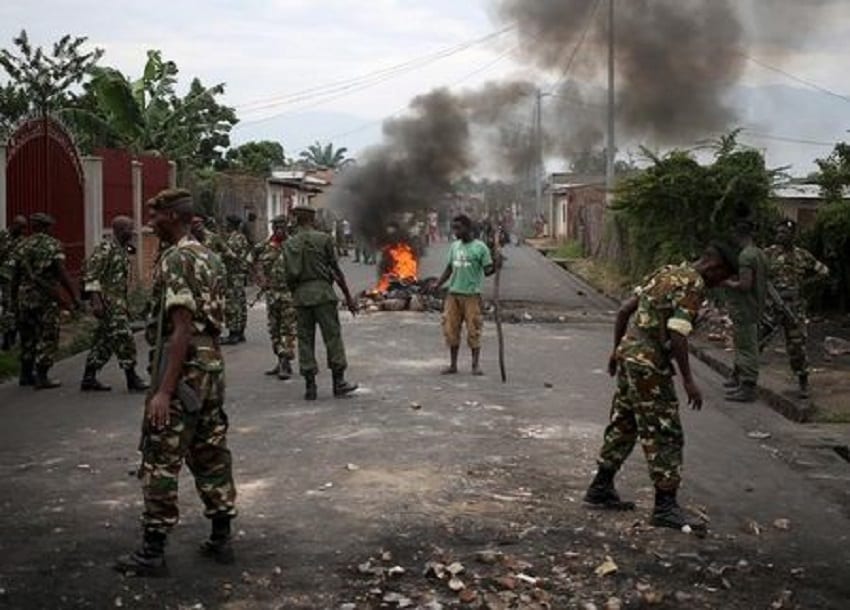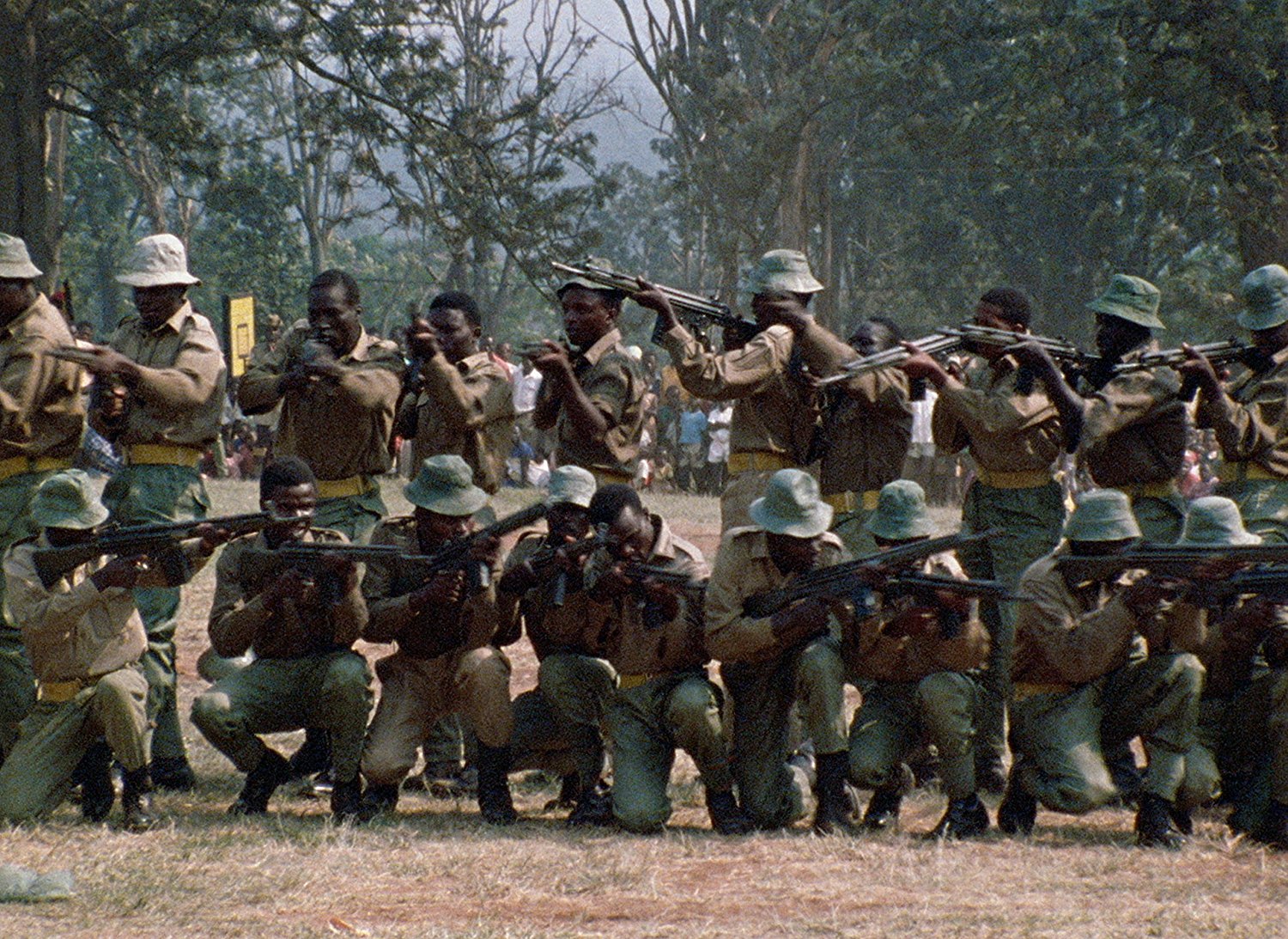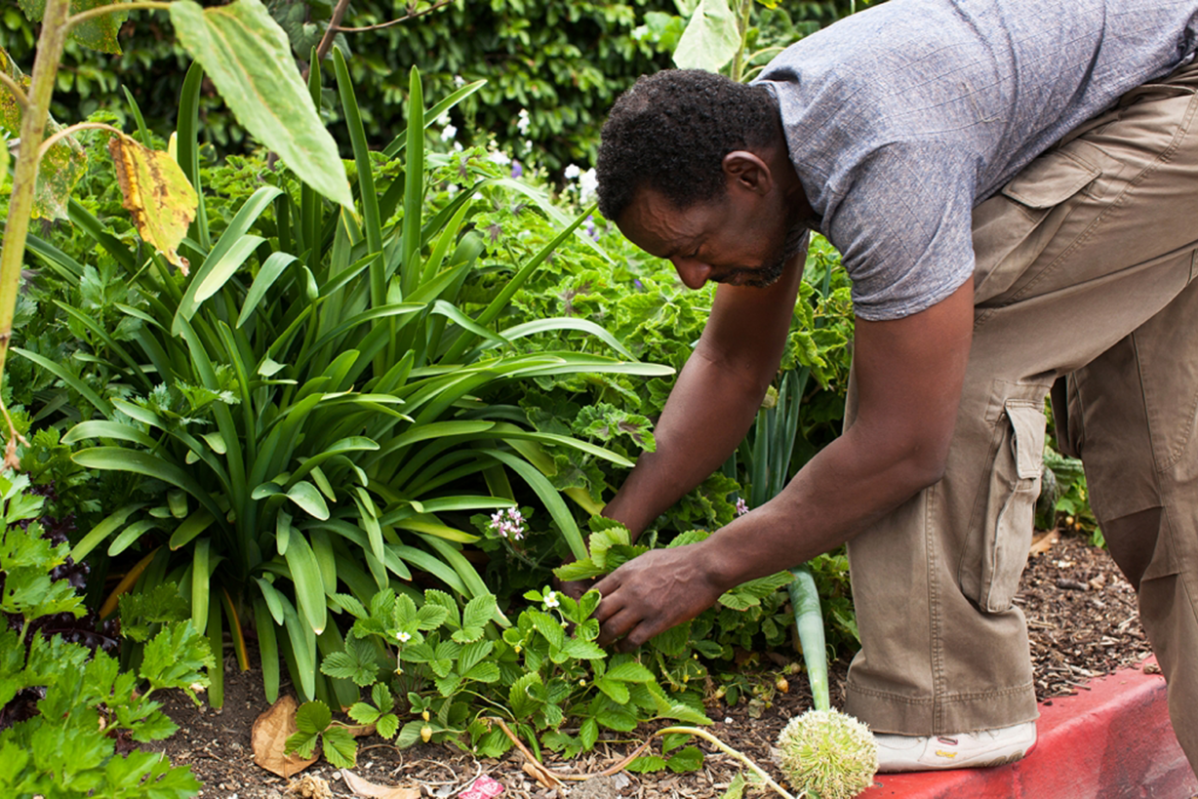Today, August 29th, 2023; I graduate to the ranks of Mzei, now @ 60! It’s some crazy experience to realize your are also here, after all! You see at age 3, almost accidentally, it was discovered I had been born with a “hole in the heart!” I was fortunate to have not only a mother who had medical education as an enrolled nurse but also with guts to stand up to my father and his well connected family who were apprehensive of the proposed surgery to correct this birth defect. Taata, together with Owek Bulasio Kavuma, a leading official in Buganda government and Hon Godfrey Binaisa, QC, Attorney General of Uganda, raised their hands in objection. Nonetheless she, with her elder sister, Maama Christine Musoke, a British trained Social Worker, stood ground and the open heart surgery at Mulago hospital went on successfully.
Now I know when I attained 50, and did share this story elsewhere, some fast medical person doubted that in 1966 a hospital in Uganda could carry out open heart surgery. Well, I dont know what that means for someone who since coming of age realised those scars where the needles closed up after they opened me up and stitched that gaping hole. Truth told I have never been to India! What I know is early at school teachers would desperately hold me back from fully participating in games shocked at my scars, screaming wildly – “muleke omwana owo’mutima!” spare the child with a frail heart. Yet, for me I never felt different, and have since lived a full life. I intend to go on and on, like there was no event.
It was education which gave my mother the courage to ignore the old men in my life, since she knew what was right. If there is anything I have felt so clear about is how we need to extend education opportunities to every African child. Had my mother not been to school, courtesy of my grandparents, Adolph and Bibian Musoke, who on Buganda government salaried income took all their dozen children to school, in the 1930s and 40s, she would not have grasped at a chance that was in her hands to save a life.
The other part is the person who discovered my heart condition. He was an Indian medical student, at Mulago Medical School, who connected my laboured breathing with what used to be an incurable condition. And then there was also an expatriate white doctor I would only get to know as Dr James. Not only did he carry out this surgery expertly but knowing the opposition from the rest of the family, dilligently followed up on me, till back to full health.
So, maybe if I had been born after a fumbling autocrat, Idi Amin, summarily expelled non citizen Asians and pushed out most White expatriates labeling them as economic saboteurs, my survival would have been a figment of imagination. In life you meet hate – filled frustrated characters and you just pray they never land on the means to will the lives of those who become toys to nurse their insecurities.
I must say that life has not been rosy though. I am of the generation that popped up when most of these colonized African nations had just became independent. To be honest mine should have been the luckiest of all, since our Black African people were now in power. But wait a minute.
The boarding schools which my parents felt would give me a good start in life turned out to be nothing but mean camps that weaned us on skimpy coarse meals. We saw a war in 1979 aimed to remove a deranged dictator leave mangled bodies scattered out on blood soaked streets. Then as our hope were being lifted we were plunged into a civil war that left hundreds of thousands dead. And just as it was cooling down came the unforgiving HIV/ AIDs virus that gobbled up as many as it could, before ART drugs eased the burden. Lately, like we had not seen it all, stormed the Covid -19 pandemic, as if to maul up remnants. Guys, why shouldn’t I pinch myself that this “fluke” has scraped through all and more.
Ours has been a torpsy turvey life. Having welcomed the ragged liberators of mid 1980s, skinny disheveled gun slinging chaps, we imagined our tortured upbringing was a thing of the past. But here we are closing life, amazed and sobered up how things remain pretty much the same. Our generation of those born in the sixties has been cheated to give my country also a President. By now you know life is not a bet!
In a life of tragedies after another I once fled from my war torn country quite determined never to return to this patch of long misery. But something happened. Before, around 1985, while at university, I gave my life to Jesus Christ, as a personal Lord and Savior, and that has made all the difference. For just as with the Apostle Paul who met Christ on the road to Damascus, no one who has surrendered his life to Christ can find himself on the same path as before, or, as the world understands.
At 60, you realise you have done two third of your life, assuming you are lucky and have still steam for another third. Life takes on a sense of urgency for however much you fight, nature will eventually take its course. Suddenly it dawns on you its now time to focus on the things that count the most. Relationships are some of those, especially the people who will remain true to you to the end. You know and have seen each other through thick and thin and truly with these it’s not empty words for you’ll “never walk alone!”
And, by this time, you kind of know a bit about your gifts and abilities, together with limitations, giving you a dose of humility. Why stress yourself in things you have no aptitude? Just do and stick to what comes naturally to you. If there was anybody who needed to be impressed they should have got it by now.
Certain interpersonal conflicts with their toxicity no longer posses you. Purposeful living, creating beautiful memories, laughing a lot and chilling is the thing. You start looking at life as a gift with a divine call, for you are not here because you were the best in class but God was just gracious to you, where others did not pass. Come now, you know you have to be more thankful than spend time bitching.
Early this year I grabbed a fantastic book, titled “Half time”! The writer divided life into a first half of pursuit of one’s goals and entering the second half where some ask themselves what is life all about. You have got your dream big house but soon it will be empty, all kids gone, and suddenly you feel the echoes scream through silent corridors. You scooped a big car, hoping to be recognized but who has not enough load of his own to just wake up and gaze at your flashing carriage. The big job titles and that chair of yours will one day be passed on to a stranger who will without waste erase your name to insert his own. You might have a fat bank account but of what use if you have no good health! Maybe you have simply stored it for some opportunist to gently show up one day with claims to have weapons to add a few more years to your mortal life. Once, growing up on an empty belly, you longed for an overflowing buffet plate of delicious foods but well- intentioned doctors have now started their predictable retort of – “watch what you eat!” And you have seen those who hopelessly worked themselves to death building empires only immediately once gone for such to crumble and fizzle away like an impatient shadow.
Perhaps you have realized all life pursuits and feel there is nothing left to accomplish. You suddenly feel empty and at the short end of the stick. In my case I have a quiet feeling I have got many of my life goals pretty under wraps, but, yet, something still burns within me. Here it is: I should know more of my Creator and serve Him faithfully, till He decides it’s time to cross the shores!










